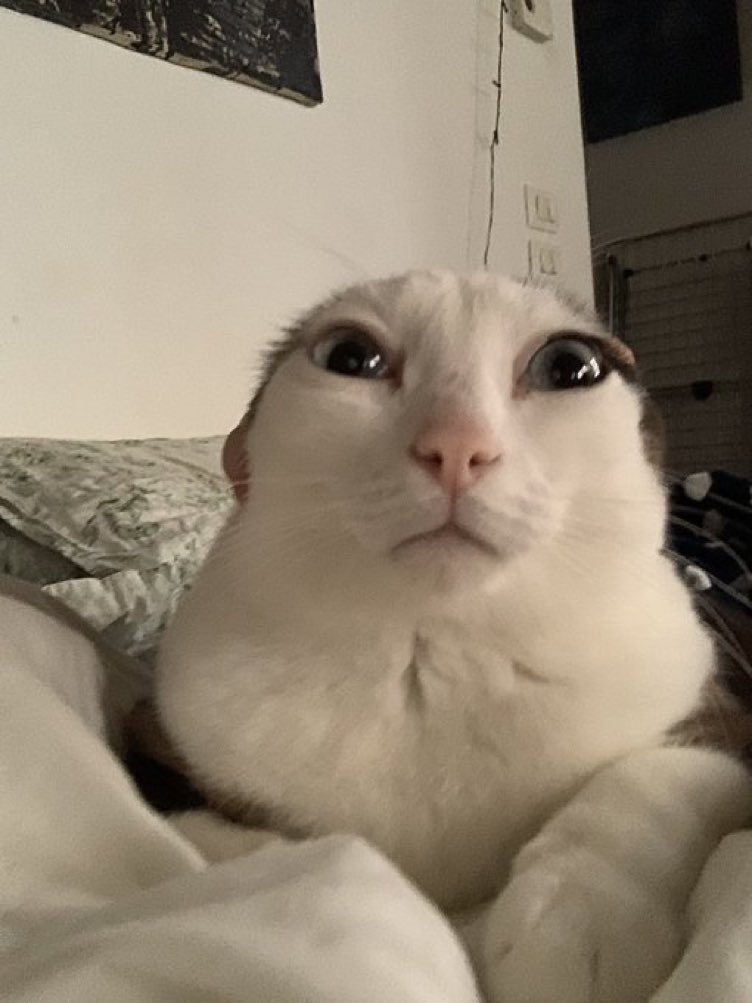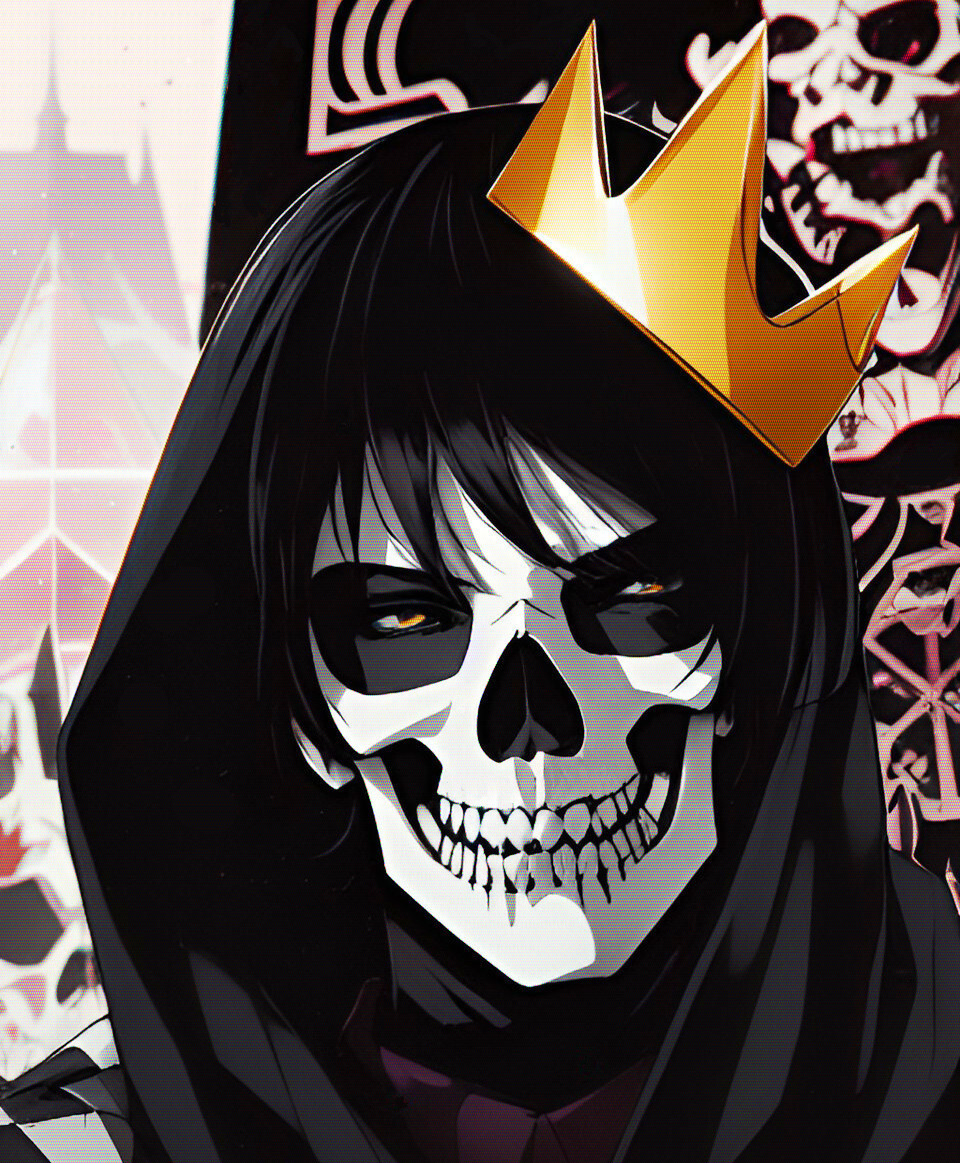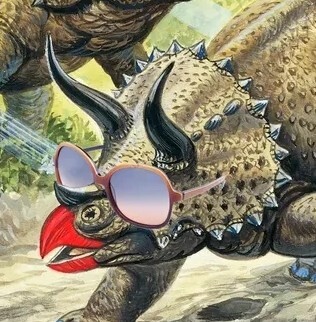Mao Zedong , the son of a peasant farmer, was born in Chaochan, China, in 1893. He became a Marxist while working as a library assistant at Peking University and served in the revolutionary army during the 1911 Chinese Revolution.
Inspired by the Russian Revolution the Communist Party of China (CPC) was established in Shanghai by Chen Duxiu and Li Dazhao in June 1921. Early members included Mao, Zhou Enlai, Zhu De and Lin Biao. Following instructions from the Comintern members also joined the Kuomintang.
Mao worked as a Kuomintang political organizer in Shanghai. With the help of advisers from the Soviet Union the Kuomintang (Nationalist Party) gradually increased its power in China. Its leader, Sun Yat-sen died on 12th March 1925. Chiang Kai-Shek emerged as the new leader of the Kuomintang. He now carried out a purge that eliminated the communists from the organization. Those communists who survived managed to established the Jiangxi Soviet.
The nationalists now imposed a blockade and Mao Zedong decided to evacuate the area and establish a new stronghold in the north-west of China. In October 1934 Mao, Lin Biao, Zhu De, and some 100,000 men and their dependents headed west through mountainous areas, this Began the Long March in which Mao would win the Political Power Struggle inside the CPC and become the Chairman of the CPC
The marchers covered about fifty miles a day and reached Shensi on 20th October 1935. It is estimated that only around 30,000 survived the 8,000-mile Long March.
During the Second World War Mao's well-organized guerrilla forces were well led by Zhu De and Lin Biao. As soon as the Japanese surrendered, Communist forces began a war against the Nationalists led by Chaing Kai-Shek. The communists gradually gained control of the country and on 1st October, 1949, Mao announced the establishment of People's Republic of China.
In 1958 Mao announced the Great Leap Forward, an attempt to increase agricultural and industrial production. This reform programme included the establishment of large agricultural communes containing as many as 75,000 people. The communes ran their own collective farms and factories. Each family received a share of the profits and also had a small private plot of land. However, three years of floods and bad harvests severely damaged levels of production. The scheme was also hurt by the decision of the Soviet Union to withdraw its large number of technical experts working in the country. In 1962 Mao's reform programme came to an end and the country resorted to a more traditional form of economic production.
As a result of the failure on the Great Leap Forward, Mao retired from the post of chairman of the People's Republic of China. His place as head of state was taken by Liu Shaoqi. Mao remained important in determining overall policy. In the early 1960s Mao became highly critical of the foreign policy of the Soviet Union. He was for example appalled by the way Nikita Khrushchev backed down over the Cuban Missile Crisis.
Mao became openly involved in politics in 1966 with the start of the Cultural Revolution.
Mao was concerned by those party leaders such as Liu Shaoqi, who favoured the introduction of piecework, greater wage differentials and measures that sought to undermine collective farms and factories. In an attempt to dislodge those in power who favoured the Soviet model of communism, Mao told students and young workers as his Red Guards to fight the revisionists in the party.
Lin Biao compiled some of Mao's writings into the handbook, The Quotations of Chairman Mao, and arranged for a copy of what became known as the Little Red Book, to every Chinese citizen.
Zhou Enlai at first gave his support to the campaign but became concerned when fighting broke out between the Red Guards and the revisionists. In order to achieve peace at the end of 1966 he called for an end to these attacks on party officials. Mao remained in control of the Cultural Revolution and with the support of the army was able to oust the revisionists.
The Cultural Revolution came to an end when Liu Shaoqi resigned from all his posts on 13th October 1968. Lin Biao now became Mao's designated successor.
Mao now gave his support to the Gang of Four: Jiang Qing (Mao's fourth wife), Wang Hongwen, Yao Wenyuan and Zhange Chungqiao.
Mao Zedong died in Beijing on 9th September, 1976.
https://hexbear.net/post/158599 check out this mega about a fellow comrades new game they made themselves and give it support
Resources for Organizing your workplace/community :sabo:
Resources for Palestine :palestine-heart:
Buy coffee and learn more about the Zapatistas in Chiapas here :EZLN:
Here are some resourses on Prison Abolition :brick-police:
Foundations of Leninism :USSR:
:lenin-shining: :unity: :kropotkin-shining:
Anarchism and Other Essays :ancom:
Remember, sort by new you :LIB:
Follow the Hexbear twitter account :comrade-birdie:
THEORY; it’s good for what ails you (all kinds of tendencies inside!) :RIchard-D-Wolff:
Come listen to music with your fellow Hexbears in Cy.tube :og-hex-bear:
Queer stuff? Come talk in the Queer version of the megathread ! :sicko-queer:
Monthly Neurodiverse Megathread and Monthly ND Venting Thread :Care-Comrade:
Join the fresh and beautiful batch of new comms:
!worldbuilding@hexbear.net :european-soviet:
!labour@hexbear.net :iww:
!cars@hexbear.net :cringe:
This is my first Christmas without either of my parents. Mom passed last year and Dad passed in July.
:meow-hug: Even though the situations are not the same, I feel ya comrade, my dad passed just last month.
Solidarity comrade, going through life without mom now.
First Happy holidays nerds
new megathread start Posting Nerds :posting:
@aaaaaaadjsf @Abraxiel @Antilope @Alaskaball @AlexandairBabeuf @Arahnya @bbnh69420 @BrownGravy @budoguytenkaichi @buh @Bunhead @CARCOSA @CDommunist @Cherufe @ClathrateG @ClimateChangeAnxiety @clover @comi @communistfuckface @ComradeCmdrPiggy @ComradeEchidna @context @CopsDyingIsGood @crime @DashEightMate @DasKarlBarx @DeathToBritain @Dirt_Owl @Downanotherday @Eco @Edelgard @ella @el_principito @EmmaGoldman @FunkyStuff @GalaxyBrain @GarfieldOfficial @GoroAkechi @Grownbravy @inshallah2 @JamesConeZone @Kanna @Kaputnik @Koa_lala @LeftistJerrySeinfeld @Lenins2ndAccount @LeninWeave @Lil_Revolitionary @marxisthayaca @MaybeNickCage @MelaniaTrump @Melon @MeltyBloodPlayer @Mindfury @Ness @plantifa @PM_ME_YOUR_FOUCAULTS @PorkrollPosadist @PurrLure @Ram_The_Manparts @Redcuban1959 @REallyN @Rem @RoseColoredVoid @Sandinband @Shitbird @SorosFootSoldier @TheGhostOfTomJoad @TrollBoy @ultraviolet @viva_la_juche @WIIHAPPYFEW @Wmill @wtypstanaccount04 @Yanqui_UXO @Zoift
In case y'all wondering about the Great Chinese Famine and its failures, a lot of his decisions were based off the advice of scientists such as Trofim Lysenko (respected at the time until his policies proved BS) and Qian Xuesen, don't ever believe any of the BS by libs and chuds about it being some sort of genocidal thing. Agricultural science wasn't particularly great back then, but he tried to follow the experts of the period.
The four pest campaign was intended to eradicate disease and increase yields before they realized "shit these animals are actually necessary". We just were lacking in a lot of modern understanding then.
Additionally the country had gone through decades of war and devastation up until that point so I imagine brain drain, lack of resources, and lack of access to scientific documentation and material for agricultural development made it very difficult to understand and take into account complex ecosystems and to balance that with agricultural development
China was also blockaded by the capitalists, could not trade for food from most places.
One of my cats just died. :sadness-abysmal:
Alright, sure, why not. Just something else to pile on.
the maoist uprising against the landlords was the largest and most comprehensive proletarian revolution in history, and led to almost totally-equal redistribution of land among the peasantry
spent the day fleshing out the notes my partner has been taking since the day of the surgery about how the recovery has been going and things that struck us in the moment that we think people ought to know about this experience. it's super important because this surgeon is well-credentialled but doesn't have an experience report from a trans person available online - if we don't share info with one another, we leave each other at the mercy of cis surgeons who just look at us as a chance to make a buck, then abandon once they've cut us up. I think I've got most of it ready to do a big write up tomorrow, energy levels permitting. fingers crossed that I can get this done tomorrow.
My dad is trying to square his belief that addiction is a sign of individual moral failing or stupidity with the fact that he knows multiple people he thinks are smart, good people that have addictions. It's breaking his brain, he can't figure it out.
Evening went from from bad to good, now I'm going to bed, much later :sleepi:
I gave my husband a pin up calendar of me, and I keep seing him peeking at it. Yep, still got it :comfy-cool:
I am seething angry. Biden is such a pure soul, and it's hurtful to watch someone pull such a hateful stunt when he's doing something nice for the kids on Christmas.
imagine simping this hard for a politician, lmao
Cool, my mom just called me to let me know my brother got omicron
:desolate:
I'm back, after losing my home and my job within a week of each other at the beginning of the month. Shit sucks, comrades :(
My dad: drives past sign that says appointment required at CVS
Me: that says appointment required, we should leave.
My dad: that might just be a suggestion walks in
Clerk: sorry, you have to make an appointment to get the jab
My dad: (gets mad for some reason even though it says appointment required????????)
Drove across a bit of USA yesterday, to visit family. Traffic was lite, so it wasn't that bad, but man, cars are just a comically shitty version of a train.
Take a train. Then make it slower. Then make it so you can't stand up. Or even change seats. Take out the bathroom. Then make it so each person has to drive their own car. Then remove the tracks so that you can WILL crash if your aren't careful. Then make the wheel rubber so they wear out. Then turn the road from steel to asphate so that it can get pot holes. Then make it so that you have to own and maintain each car, privately. Then make it so you have to keep this shit train at your house.
And on and on and on.
:amerikkka:
r/antiwork is far and away the best thing to happen to Reddit in a long time, so I expect it will be banned soon.










